Q&A
Recent articles
Frameshift: At a biotech firm, Ubadah Sabbagh embraces the expansive world outside academia
As chief of staff at Arcadia, Ubadah Sabbagh gets to do science while also pushing the boundaries of how science gets done.
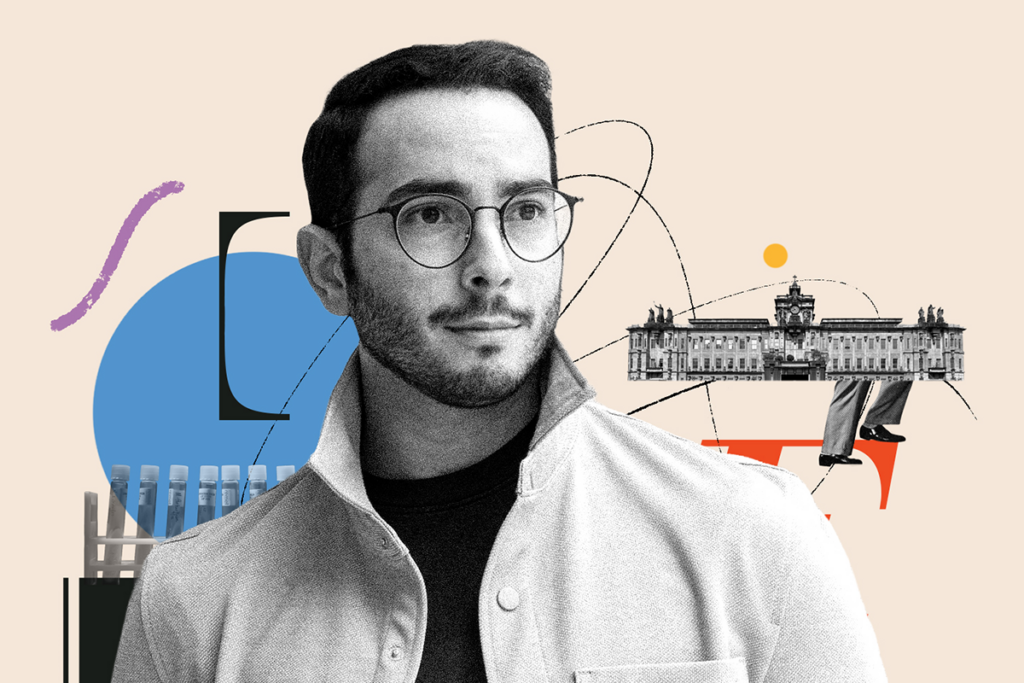
Frameshift: At a biotech firm, Ubadah Sabbagh embraces the expansive world outside academia
As chief of staff at Arcadia, Ubadah Sabbagh gets to do science while also pushing the boundaries of how science gets done.
Neuro’s ark: How goats can model neurodegeneration
Since debunking an urban legend that headbutting animals don’t damage their brain, Nicole Ackermans has been investigating how the behavior correlates with neurodegeneration.
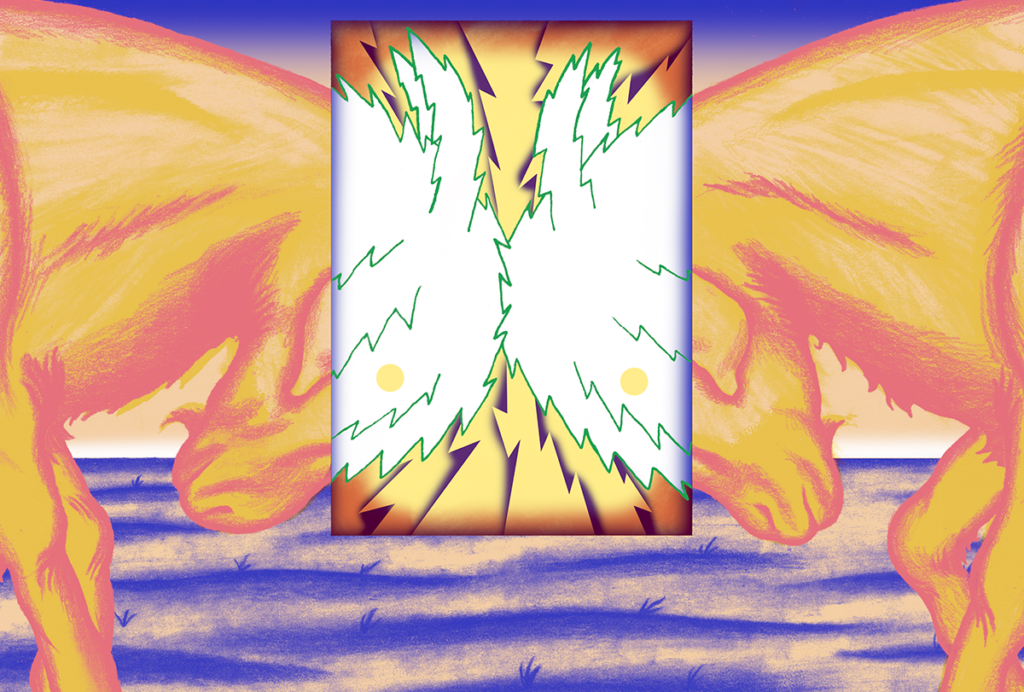
Neuro’s ark: How goats can model neurodegeneration
Since debunking an urban legend that headbutting animals don’t damage their brain, Nicole Ackermans has been investigating how the behavior correlates with neurodegeneration.
Frameshift: Shari Wiseman reflects on her pivot from science to publishing
As chief editor of Nature Neuroscience, Wiseman applies critical-thinking skills she learned in the lab to manage the journal’s day-to-day operations.

Frameshift: Shari Wiseman reflects on her pivot from science to publishing
As chief editor of Nature Neuroscience, Wiseman applies critical-thinking skills she learned in the lab to manage the journal’s day-to-day operations.
Home makeover helps rats better express themselves: Q&A with Raven Hickson and Peter Kind
The “Habitat”—a complex environment with space for large social groups—expands the behavioral repertoire of rodent models, Hickson and Kind say.
Home makeover helps rats better express themselves: Q&A with Raven Hickson and Peter Kind
The “Habitat”—a complex environment with space for large social groups—expands the behavioral repertoire of rodent models, Hickson and Kind say.
Going against the gut: Q&A with Kevin Mitchell on the autism-microbiome theory
A new review of 15 years of studies on the connection between the microbiome and autism reveals widespread statistical and conceptual errors.
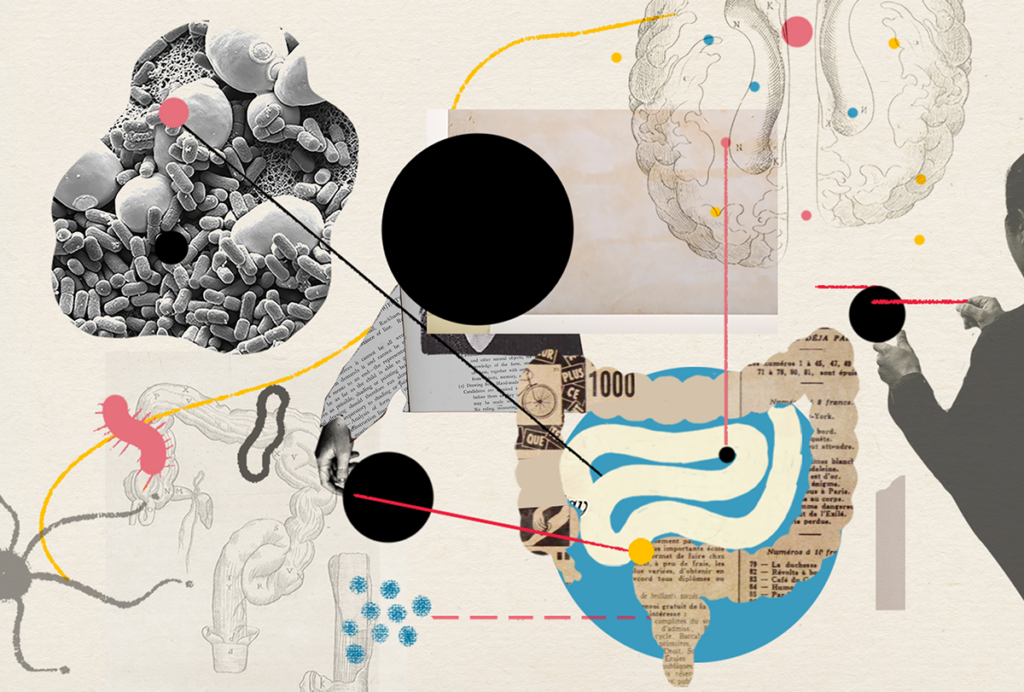
Going against the gut: Q&A with Kevin Mitchell on the autism-microbiome theory
A new review of 15 years of studies on the connection between the microbiome and autism reveals widespread statistical and conceptual errors.
Psychedelics muddy fMRI results: Q&A with Adam Bauer and Jonah Padawer-Curry
The drugs disrupt the link between vascular and neuronal activity, which complicates interpretations of fMRI data. Adopting a more holistic view of what constitutes brain activity may help, the researchers say.
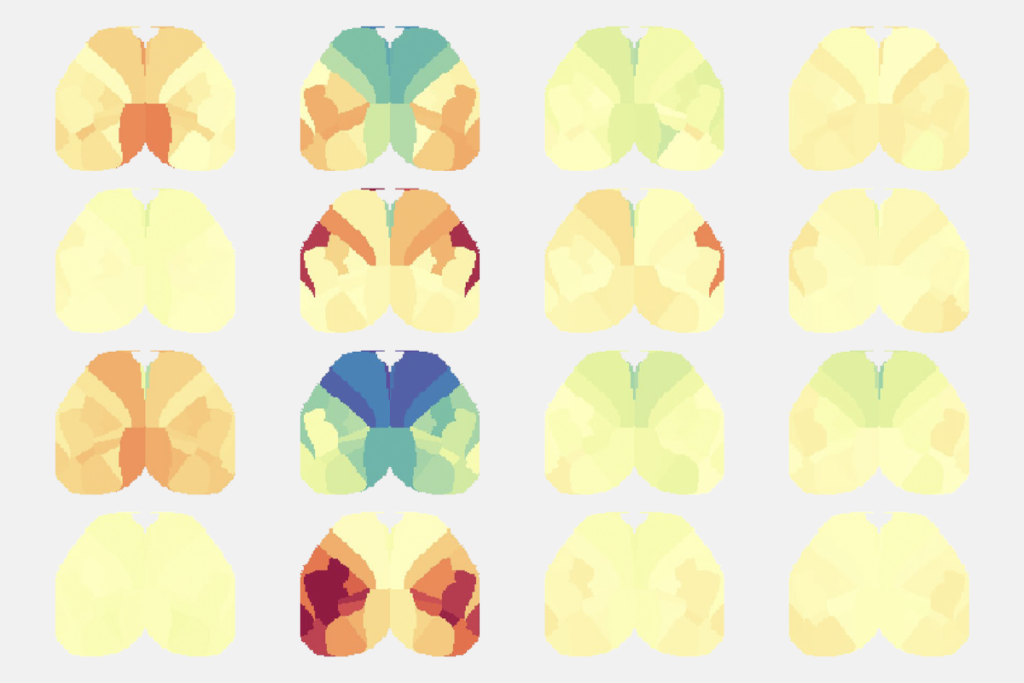
Psychedelics muddy fMRI results: Q&A with Adam Bauer and Jonah Padawer-Curry
The drugs disrupt the link between vascular and neuronal activity, which complicates interpretations of fMRI data. Adopting a more holistic view of what constitutes brain activity may help, the researchers say.
Hitting city streets to record rat behaviors: Q&A with Emily Mackevicius, Ralph Peterson
Capturing the rodents’ vocalizations and movements in the wild offers an opportunity to study naturalistic behaviors in a complex urban environment, Mackevicius and Peterson say.
Hitting city streets to record rat behaviors: Q&A with Emily Mackevicius, Ralph Peterson
Capturing the rodents’ vocalizations and movements in the wild offers an opportunity to study naturalistic behaviors in a complex urban environment, Mackevicius and Peterson say.
Perspectives from the field: Opinions in autism research
This collection of Spectrum articles from the past 12 months highlights expert perspectives on autism’s heritability and its link to biological sex, the value of transdiagnostic frameworks, and the field’s future, among other topics.
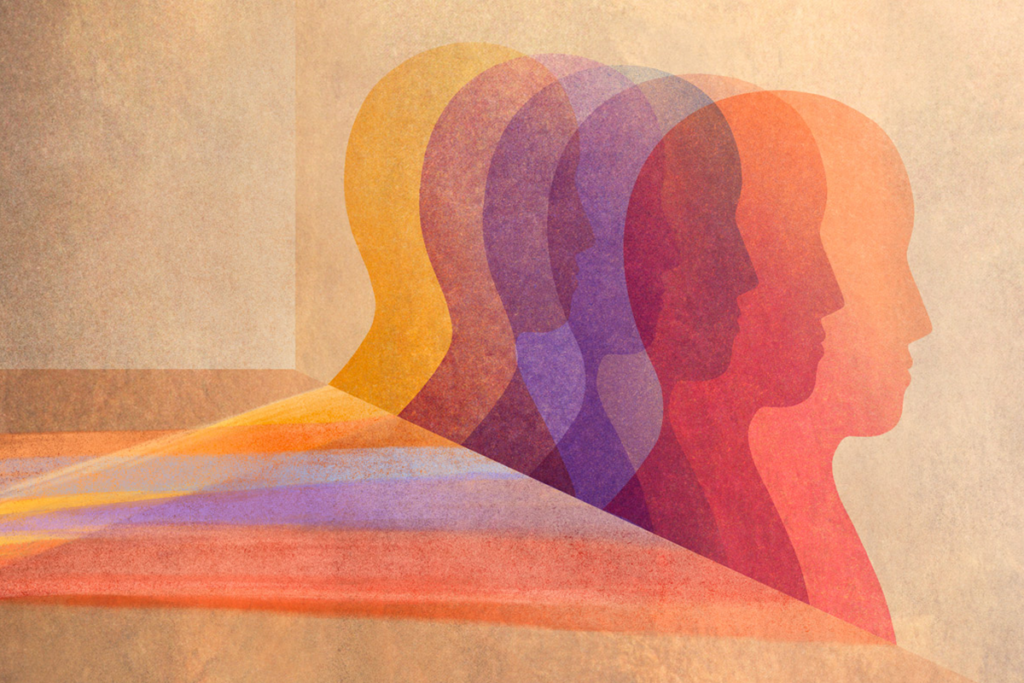
Perspectives from the field: Opinions in autism research
This collection of Spectrum articles from the past 12 months highlights expert perspectives on autism’s heritability and its link to biological sex, the value of transdiagnostic frameworks, and the field’s future, among other topics.
Building a climate neuroscience subfield: Q&A with Angie Michaiel
Michaiel, a program officer at the Kavli Foundation, shares what it took to cultivate research on the relationship between climate change and the nervous system.
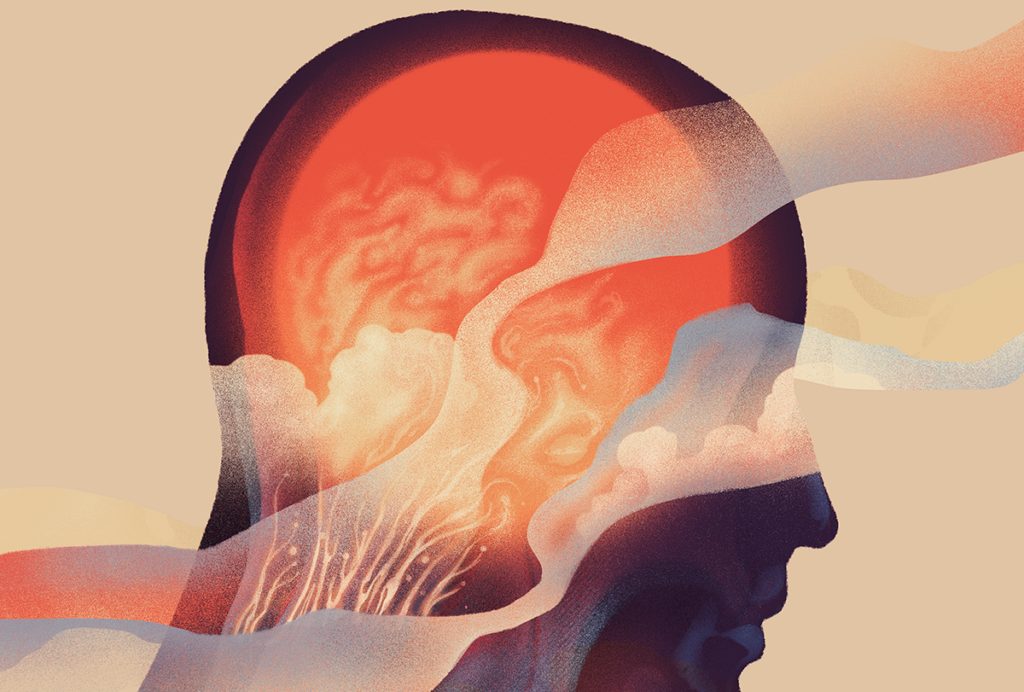
Building a climate neuroscience subfield: Q&A with Angie Michaiel
Michaiel, a program officer at the Kavli Foundation, shares what it took to cultivate research on the relationship between climate change and the nervous system.
Sounding the alarm on pseudoreplication: Q&A with Constantinos Eleftheriou and Peter Kind
Most studies of neurological disorders in mice erroneously treat multiple samples from a single animal as independent replicates, according to a new analysis. But scientists and journals can take steps to curb this practice.

Sounding the alarm on pseudoreplication: Q&A with Constantinos Eleftheriou and Peter Kind
Most studies of neurological disorders in mice erroneously treat multiple samples from a single animal as independent replicates, according to a new analysis. But scientists and journals can take steps to curb this practice.
Explore more from The Transmitter
BRAIN Initiative researchers ‘dream big’ amid shifts in leadership, funding
But whether the initiative’s road map for the next decade is feasible remains an open question.
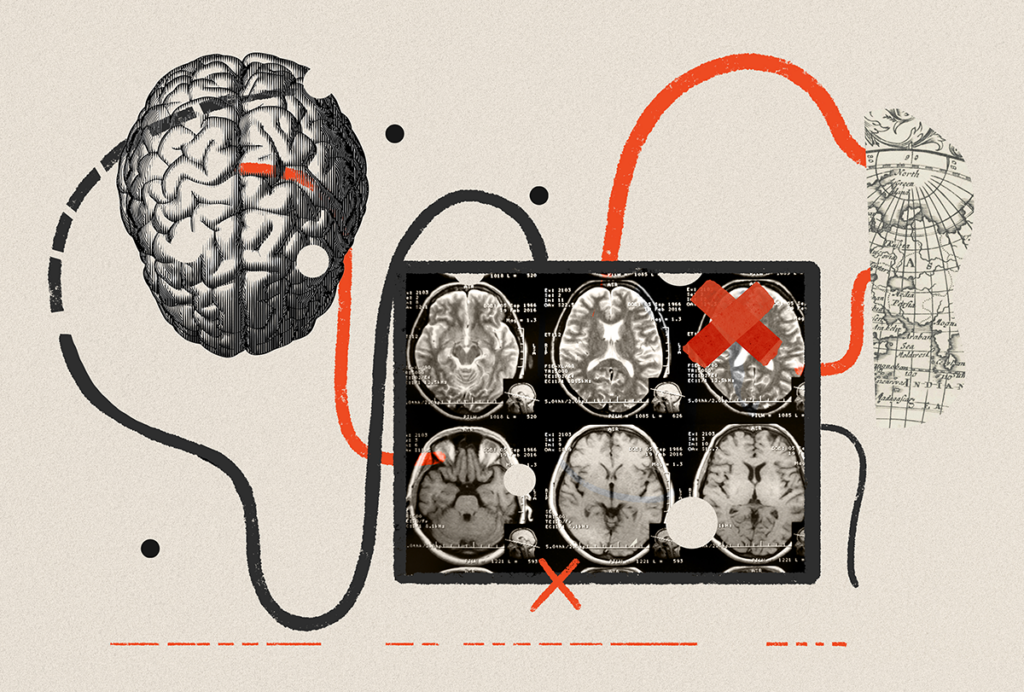
BRAIN Initiative researchers ‘dream big’ amid shifts in leadership, funding
But whether the initiative’s road map for the next decade is feasible remains an open question.
Neuroscience, BRAIN Initiative gain budget in ‘bad’ NIH funding bill
The bill goes before the House of Representatives today and outlines increases for neuroscience-related research—including a 33 percent increase to the BRAIN Initiative—but maintains a multiyear spending approach that could limit the number of grants awarded overall.
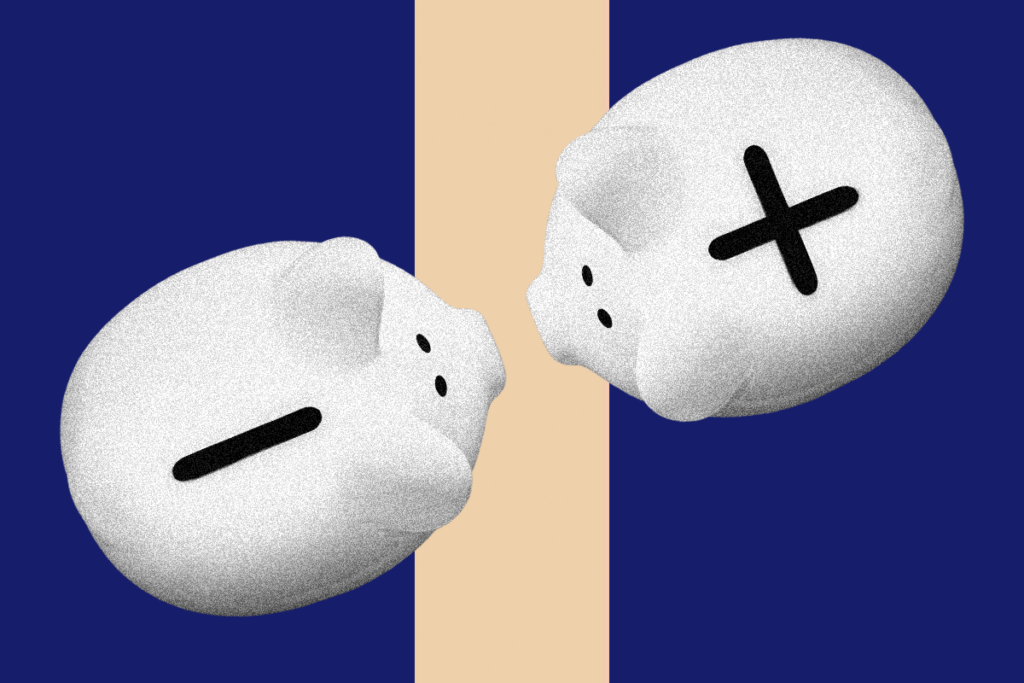
Neuroscience, BRAIN Initiative gain budget in ‘bad’ NIH funding bill
The bill goes before the House of Representatives today and outlines increases for neuroscience-related research—including a 33 percent increase to the BRAIN Initiative—but maintains a multiyear spending approach that could limit the number of grants awarded overall.
Prenatal viral injections prime primate brain for study
The approach makes it possible to deploy tools such as CRISPR and optogenetics across the monkey brain before birth.
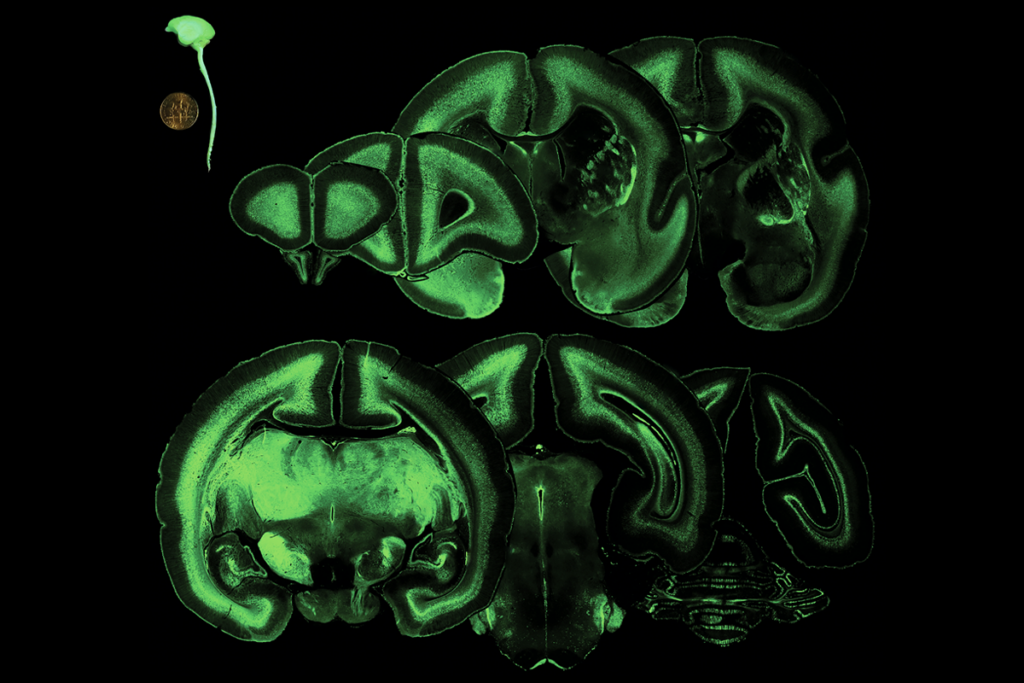
Prenatal viral injections prime primate brain for study
The approach makes it possible to deploy tools such as CRISPR and optogenetics across the monkey brain before birth.